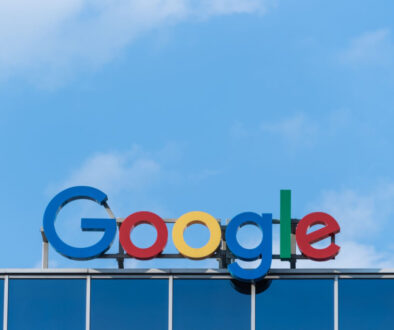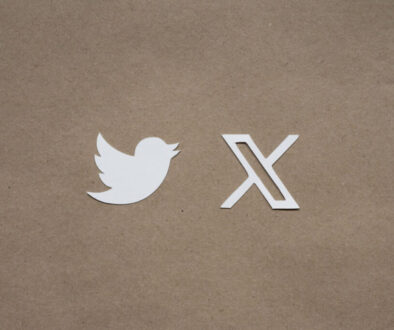EU Commission Pushes Apple for Device Interoperability Compliance
The European Commission (EC) has taken preliminary steps under the Digital Markets Act (DMA) to ensure Apple enables interoperability of its devices with those from other brands. This development is part of a broader regulatory effort to foster competition and innovation in the tech sector. The EC’s probe, initiated last September, scrutinizes Apple’s strategies for enabling third-party smartwatches, headphones, and virtual reality headsets to work seamlessly with iPhones. Concerns have been raised about Apple’s potential to limit competition by favoring its own products, such as AirPods and Apple Watch.
The EC’s preliminary findings require Apple to provide developers and businesses with free interoperability with hardware and software features controlled by its operating systems, iOS and iPadOS. These systems are considered core platform services where Apple is designated as a gatekeeper. The Commission is also advocating for increased transparency regarding internal iOS features. This move is supported by CODE, a coalition of companies including Google, Meta, and Lenovo, which argues that hardware interoperability will spur innovation and competition, offering users more choices across devices and services.
In response to the EC’s findings, Apple has expressed concerns about the potential risks to user privacy. The company released a report titled “It’s Getting Personal: How Abuse of the DMA’s Interoperability Mandate Could Expose Your Private Information.” Apple argues that being compelled to share its system innovations with competitors could hinder innovation and compromise its commitment to user privacy. The company is particularly concerned about the implications of sharing its proprietary technology with entities that may not prioritize privacy to the same extent.
The EC is currently conducting public consultations to gather feedback on the implementation of these interoperability requirements, focusing on technicalities, timelines, and feasibility. Interested parties, including citizens, companies, and organizations, have until January 9 to submit their responses. The Commission will analyze this feedback and is expected to issue its final decision by March 2025. This case, along with previous findings on excessive fees linked to Apple’s App Store, highlights the increasing scrutiny of Apple’s practices under EU competition law.
Source: Apple must ensure interoperability of iPhone with rivals, says European Commission



